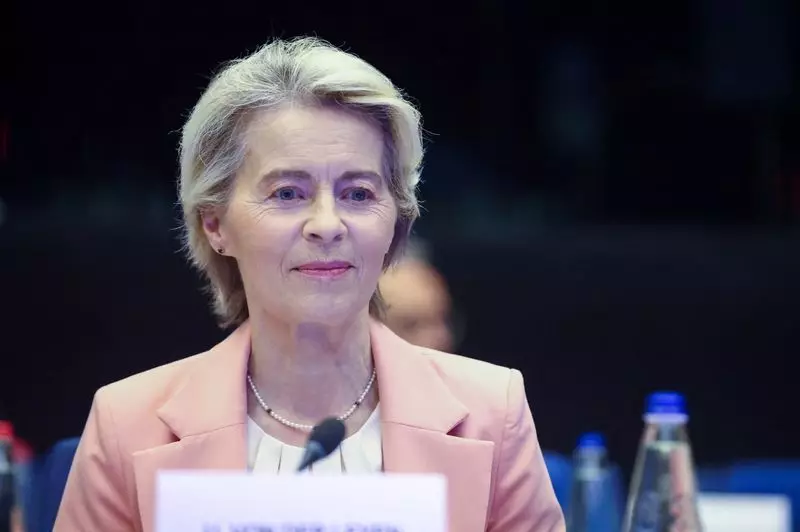On Tuesday, the European Union’s landscape shifted as Ursula von der Leyen, the President of the European Commission, announced key appointments within her team. These roles are critical, particularly as the EU faces unprecedented geopolitical and economic challenges. Notably, Teresa Ribera from Spain has been designated as the new antitrust commissioner, while Kaja Kallas of Estonia will head foreign policy. In a historic move, Andrius Kubilius of Lithuania will serve as the EU’s inaugural defense commissioner, a role conceived in response to heightened tensions with Russia.
The European Commission stands as the EU’s most influential institution, wielding significant power to propose legislation, obstruct corporate mergers, and negotiate free trade agreements. The diversely appointed new members will bring varying priorities to the table; however, the impact of their portfolios will depend considerably on the prevailing political climate and specific sectoral needs.
Von der Leyen emphasized the commission’s focus on several critical issues, including prosperity, democracy, and notably, competitiveness within the green and digital economies. “We aim to foster a competitive, decarbonized, and circular economy with equitable transitions,” she articulated during her press conference. The urgency of climate change functions as a central theme throughout their agenda. The current geopolitical landscape, largely affected by the ongoing conflict stemming from Russia’s invasion of Ukraine, plays a significant role in redefining the Commission’s priorities as well.
Competitiveness, especially in the realm of technological and environmental advancement, has assumed unprecedented importance. Ribera’s newly formed role as antitrust commissioner is particularly pivotal as she takes over from Margrethe Vestager of Denmark, known for her stringent regulatory measures against major tech firms. Her oversight will extend not only to enhancing competitive practices but also to navigating the challenges brought about by foreign subsidies affecting industries critical to the EU, such as electric vehicles and energy.
With his appointment, Kubilius will head a newly established defense division aimed at augmenting the EU’s military manufacturing capabilities. This initiative emerges in the wake of increasing apprehensions regarding Russian military actions in Eastern Europe. Reinforcing defense ties among member states and bolstering sovereignty in military production are expected to be among his top priorities. This strategic pivot underscores a united European response to external threats and an effort to cultivate a more autonomous defense landscape.
The anticipated response to Ukraine’s ongoing situation, exacerbated by possible shifts in U.S. politics as the presidential elections draw nearer, further complicates the challenges the new leadership will face. A potential return of Donald Trump to the White House could instigate major changes in U.S.-EU relations and Western unity in supporting Ukraine.
All candidates nominated for commissioner roles will be examined through hearings held by lawmakers in the European Parliament—a crucial step in legitimizing their positions. The pressure is mounting upon this new team to respond effectively to an evolving global landscape, characterized by economic disparities, security threats, and the critical climate crisis. The successful navigation of these intertwined challenges will require not only strategic foresight but also cooperative efforts among EU member states.
The recent selection process has not been devoid of tension, exemplified by France’s rapid choice of Sejourne to replace the predecessor, Thierry Breton, who exited amid critical remarks towards Von der Leyen. This incident highlights the potential for internal conflicts within the EU, which must be mitigated to ensure cohesive action in the face of external pressures.
As the new European Commission prepares to assume office by the year’s end, it becomes abundantly clear that their journey ahead will be fraught with challenges that require unity amidst diversity. The complex tapestry of appointments signals a critical transition, as leaders in their respective areas grapple with both longstanding issues and emerging crises. In an era that demands resilience and adaptability, the EU’s ability to forge cohesive strategies and maintain focused operational integrity may prove pivotal in shaping its future trajectory.

